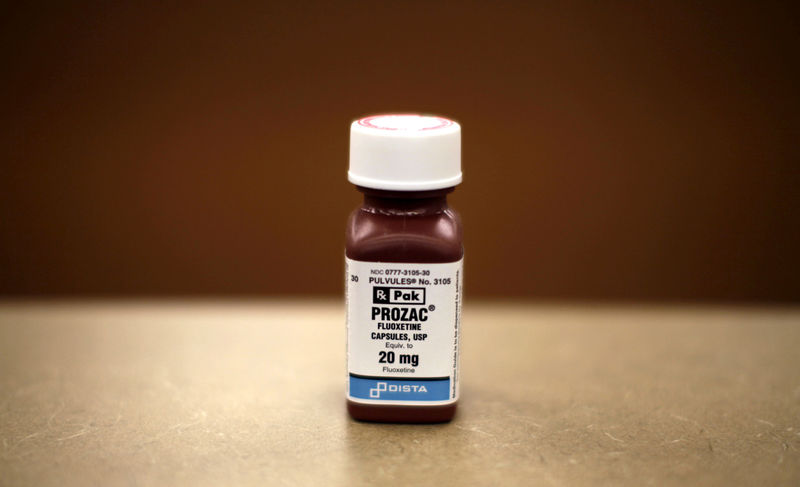Bhanvi Satija and Patrick Wingrove
(Reuters) – Explosive demand and increased production capacity for Eli Lilly’s (NYSE:) weight-loss drug Zepbound prompted the company to raise its full-year sales forecast by $2 billion on Tuesday, sending its shares up nearly 6%.
Lilly said it expects significant production increases in the second half of the year for its obesity drug and related diabetes drug Munjaro, most of which are in short supply due to high demand.
“Our top priority is to produce more product, and we’re doing everything we can to do that,” CEO David Ricks told CNBC. “We are doing our best to produce more, but the lag time is significant.”
The company said sales growth will depend on how many drugs it can produce and supply in the short to medium term.
Lilly said last week it would acquire an injectable drug manufacturing facility from privately held Nexus Pharmaceuticals. The drugmaker has also broken ground on its $2.5 billion manufacturing site in Germany and expects its Concord, North Carolina site to begin producing Zepbound and Mounjaro as early as the end of the year.
Soaring demand for Mounjaro and Zepbound, chemically known as tirzepatide, has pushed the Indianapolis-based drugmaker’s market value above $700 billion, surpassing both Tesla (NASDAQ:) and Walmart (NYSE:).
Indianapolis-based Eli Lilly and Danish rival Novo Nordisk (NYSE:) are looking to ramp up production in a weight-loss market that is estimated to reach at least $100 billion by the end of the decade. Both companies’ obesity treatments belong to a class of drugs originally developed to treat diabetes known as GLP-1 agonists.
remove advertising
.
GLP-1 drugs have been shown to help patients lose an average of up to 20% of their body weight, driving unprecedented demand.
“There’s a lot of demand for these… treatments, and I would say Lilly is handling the situation well,” Tema ETF investment partner David Song said.
The U.S. Food and Drug Administration said it expects shortages of most doses of Zepbound and Mounjaro in the second quarter of this year.
Zepbound reported first-quarter sales of $517.4 million, beating analysts’ expectations of $418.20 million, according to LSEG.
Munjaro’s sales jumped to $1.81 billion from $568.5 million last year, driven by strong demand and rising prices as patients opted out of the company’s savings program.
However, Mujaro’s sales came in below Wall Street estimates of $2.08 billion, which analysts attributed to limited supply.
Despite the strong start, total prescriptions for Lilly’s Zepbound lag behind Novo Nordisk’s popular weight-loss drug Wegovy.
In the United States, about 63,000 prescriptions were filled on average each week in 2024 on Zepbound as of April 19, 2024, compared with 110,000 on Wegovy, according to IQVIA data reviewed by Reuters.
In total, this amounts to more than 1 million prescriptions on Zepbound and approximately 1.75 million on Wegovy filled in the US since the start of 2024.
Eli Lilly now expects 2024 revenue to be between $42.4 billion and $43.6 billion, up from a previous forecast of $40.4 billion to $41.6 billion. The drugmaker also raised its full-year earnings forecast by $1.30 per share to $13 .50-$14 per share.
remove advertising
.
The company reported adjusted earnings of $2.58 per share, beating analysts’ expectations by 12 cents.
Lilly shares, which are up 26% this year, jumped another 5.8% to $779.72 in early trading.


